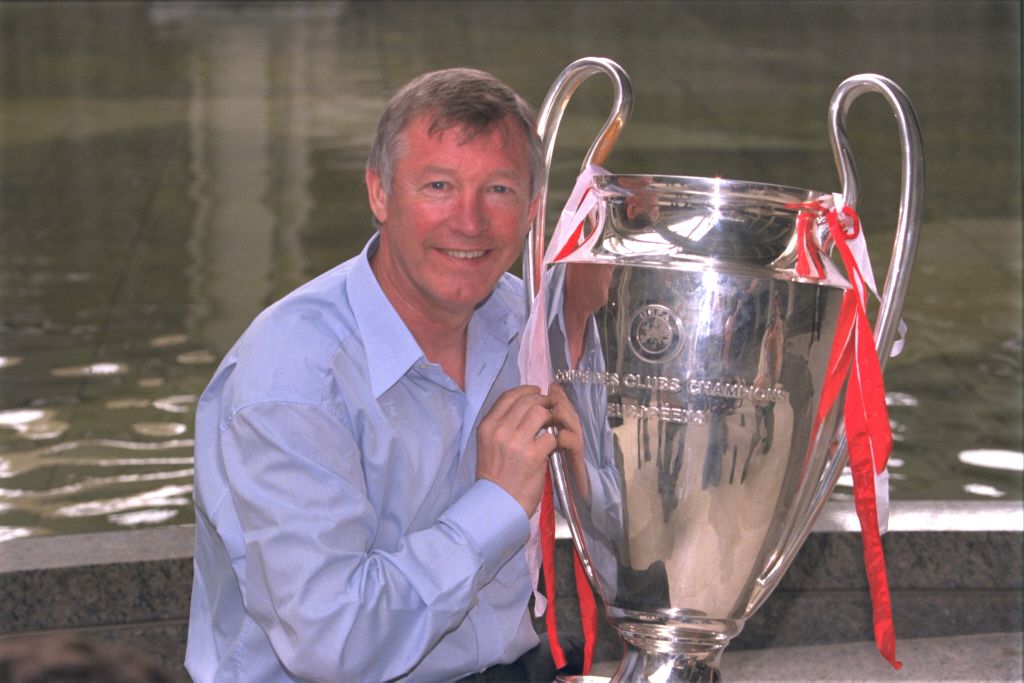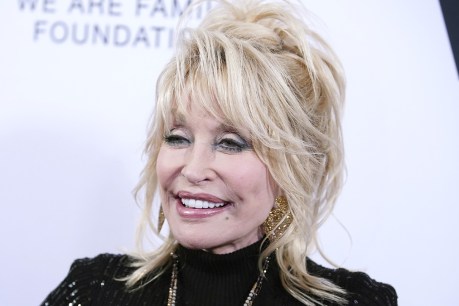
MANCHESTER, ENGLAND - MAY 27: Sir Alex Ferguson with the European Cup the morning after the victory in the UEFA Champions League Final between Bayern Munich v Manchester United at the Nou camp Stadium on 26 May, 1999 in Barcelona, Spain. Bayern Munich 1 Manchester United 2. (Photo by Matthew Peters/Manchester United via Getty Images)
When Sir Alex Ferguson announced his retirement as manager of Manchester United in May 2013, it marked the end of an era for the club. After leading the team to an impressive tally of 13 Premier League titles, five FA Cups, and two Champions League trophies, Ferguson left behind a legacy that firmly established the Red Devils as one of the most successful football clubs globally. His departure posed a significant challenge for the club in terms of finding a suitable successor.
Javier Hernandez, a Mexican striker who joined Manchester United under Ferguson’s management in 2010, shared his insights on the transition during an interview with FourFourTwo. Hernandez expressed that replicating Ferguson’s unique impact was a misguided approach.
Hernandez’s Reflections on Ferguson
Hernandez acknowledged Ferguson’s extraordinary ability to not only develop players but also to foster a cohesive culture within the club. “For me, he was the best because in 27 years at that club, he changed not only players but the coaching staff and still delivered results,” Hernandez stated. He emphasized that Ferguson’s influence extended beyond tactics, underscoring his role in nurturing individual potential. “If you don’t get the best out of players, then tactics don’t mean anything,” he explained.
The announcement of Ferguson’s retirement came as a shock to the players. Hernandez recalled that while there were rumors circulating, the final confirmation hit the team hard. “He explained that his wife’s sister had passed away and he decided to step down. We all knew Manchester United were going to go through some tough moments,” he said. Hernandez firmly believes that the club’s attempt to find another manager in Ferguson’s mold was a mistake. “Trying to get another Sir Alex Ferguson was the wrong move, in my opinion. They should have tried something different. Sir Alex was way more than a manager. It was a crucial moment,” he noted.
Shifts in Culture Post-Ferguson
During his five-year tenure at Old Trafford, which included a loan spell at Real Madrid for the 2014-2015 season, Hernandez observed significant changes at Manchester United following Ferguson’s departure. He specifically highlighted the shift in the club’s culture. “In my three years with him, when you went into Carrington, it felt like a family. Everyone was happy to be there. The standards were so high, and everyone worked so well,” he said, recalling the camaraderie shared among players and staff alike.
Hernandez further elaborated on the environment that Ferguson cultivated, describing it as a “fortress.” He lamented that when Ferguson left, the expectation was that the club’s culture would remain intact. However, with the appointment of David Moyes, significant changes were implemented that disrupted the established ethos.
The impact of Ferguson’s management style and the subsequent challenges faced by Manchester United following his exit continue to resonate within the football community. Hernandez’s reflections serve as a poignant reminder of the profound influence a single individual can have on a club’s identity and success.






